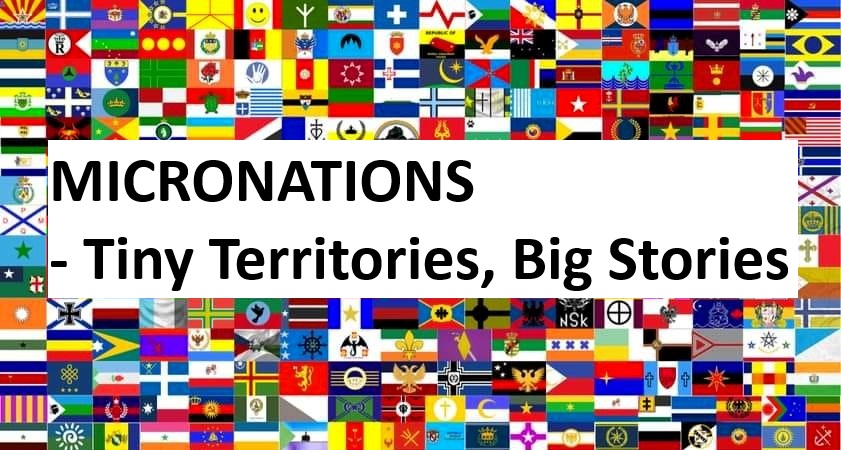
In an age when the boundaries of nationhood are ever fluid, the self-declared Abeldane Empire—formally known as the Abeldänisches Kaiserreich—embodied a bold experiment in micronational sovereignty. Founded on June 6, 2014, as the successor to the Empire of Militarmia, the empire embarked on a journey to blend the ceremonial grandeur of historical European monarchies with modern democratic values. With its capital in Kaiserstadt and a physical domain spanning 708 km², the empire attracted a small, fervent community of 51 registered citizens as of 2020, who believed in the power of cultural reinvention and decentralized governance.
In 2016, a sweeping referendum transformed the empire’s constitutional framework as it transitioned from a unitary state to a federal constitutional monarchy. This dramatic change ushered in a federation of six distinct states—including the Kingdoms of Alenshka, Morgannwg, Demirelia, and Tusmore, as well as the Grand Duchies of Alexander and Rai—with each state retaining its local royal traditions. The model, drawing inspiration from the former German Empire, was punctuated by a commitment to transparency and community participation, even if the micronational experiment remained largely symbolic on the international stage.
The empire’s heraldry and national symbols spoke eloquently of its lofty ideals. Its motto, “Deus regnat!” (“God reigns!”), and the stirring strains of its national anthem, “The Abeldane Call,” captured the attention of micronational enthusiasts and appreciators of cultural history alike. The government, structured around the principles of a federal hereditary constitutional monarchy, featured a rotating imperial crown and an elected Reichsversammlung—a parliamentary body that, in its ideal, kept the executive powers accountable even as the Emperors and Empresses exercised considerable prerogatives.
Despite its creative vision and the passionate commitment of its citizens, the Abeldane Empire eventually reached its denouement. On April 3, 2024, the empire was officially dissolved. Observers noted that while the micronation’s physical and administrative claims were modest, its cultural impact—sparked by debates on sovereignty, identity, and alternate forms of government—echoed far beyond its self-proclaimed borders. The dissolution marks not only the end of a unique chapter in micronational history but also an invitation to reimagine how identity and governance can be redefined in the digital era.
As the legacy of the Abeldane Empire lingers in the memories of its former citizens and micronational enthusiasts worldwide, its ephemeral existence challenges our conventional understanding of what it means to belong to a nation. In a world increasingly defined by digital communities and shared cultural aspirations, the grand experiment of Abelden remains a testament to the enduring human desire to craft and claim one’s destiny, even within the margins of recognized statehood.
Looking ahead: The story of the Abeldane Empire invites reflection on emerging forms of digital and cultural nation-building. How might future micronations balance symbolic sovereignty with tangible impact? What roles will technology and community-driven governance play in evolving national identity? These questions will likely shape the landscape of self-determination in the coming decades.

